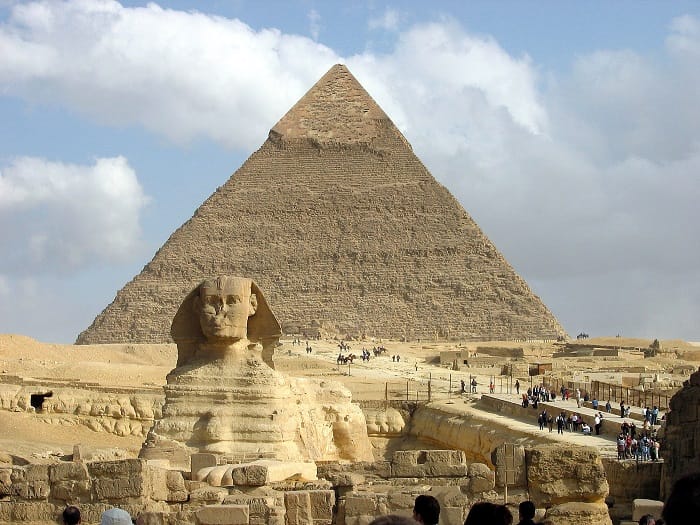The Egyptian civilization is one of the oldest and most influential in world history. It is thought to have begun around 3000 BCE, when the lower Nile Valley became settled by humans. The civilization flourished for millennia, with its art and monuments influencing cultures around the world.
Around 1550 BCE, the New Kingdom period began, characterized by a centralization of political power and a period of great prosperity. In 332 BCE, Alexander the Great conquered Egypt, marking the end of the ancient civilization. Even today, the legacy of Ancient Egypt endures.

A brief history of the Egyptian civilization
The Egyptian civilization is one of the oldest and most influential in history. It developed along the Nile River in northeastern Africa and lasted for over 3000 years, from around 3100 BCE to 30 CE.
The Ancient Egyptians were famous for their pyramids, which were built as tombs for pharaohs and their queens. The Egyptians were also responsible for many other important inventions and achievements, including the development of hieroglyphics (a system of writing) and the construction of the Great Sphinx of Giza.
The rise of the Egyptian civilization
The rise of the Egyptian civilization is one of the most amazing achievements in human history. Against all odds, the Egyptians developed a complex and sophisticated society in a hostile environment. The key to their success was the Nile River. Thanks to the annual floods, the Egyptians were able to develop agriculture and support a large population. In addition, the Nile served as a highway for trade and transportation.
The Egyptians were also blessed with a long period of stability. For over two thousand years, Egypt was ruled by a succession of strong rulers who oversaw the development of art, architecture, literature, and science. As a result, Egyptian civilization flourished while other cultures stagnated or declined.
The rise of Egyptian civilization is a testament to the power of human ingenuity and perseverance. Despite all the challenges, the Egyptians were able to create one of the most advanced civilizations of their time. Thanks to their accomplishments, we continue to benefit from their legacy today.
The Golden Age of the Egyptian civilization
The Golden Age of the Egyptian civilization was a time of wealth, prosperity, and power. The pharaohs held absolute power and provided a stable government that allowed for the growth of the economy and culture.
Egypt was able to maintain its position as a leading superpower due to its vast resources, including gold mines in Nubia. This period was also marked by the construction of some of the most iconic structures in history, such as the pyramids.
The decline of the Egyptian civilization
The ancient Egyptian civilization was one of the most powerful empires of its time. Spanning over 3000 years, the empire saw its fair share of rise and fall, as power shifted from one dynasty to the next. However, the empire slowly declined over time, suffering from occupations and invasions.
The first occupation came from the Persians in 343 BC. Then, Alexander the Great's general became the ruler of Egypt, effectively ending the Egyptian empire. While there were other military conflicts that weakened the empire, it was ultimately the civil war that led to its downfall. The decline of the Egyptian civilization was a long and slow process, culminating in its eventual demise.
The legacy of the Egyptian civilization
The Egyptian civilization was one of the most influential and significant in history. They were responsible for many inventions and innovations that we still use today, including papyrus, the alphabet, and engineering.
They also left a lasting legacy in art and architecture. Even though Egypt was often plagued by political turmoil, they still managed to thrive and make great contributions to the world. The Egyptian civilization is truly one of the most amazing and important in history.
The art and architecture of the Egyptian civilization
The art and architecture of the Egyptian civilization are some of the most incredible and fascinating in the world. From the great pyramids to the temples and tombs, the Egyptians were masters of design and engineering.
But their art was more than just functional; it was also incredibly beautiful. The paintings, sculptures, and hieroglyphs found in ancient Egyptian buildings are evidence of a highly creative and artistic culture.
Today, we can still admire the art and architecture of the Egyptians through the many well-preserved monuments that dot the landscape of Egypt. These ancient works of art provide us with a glimpse into a fascinating culture that continues to inspire awe and wonderment.

Comments
Post a Comment